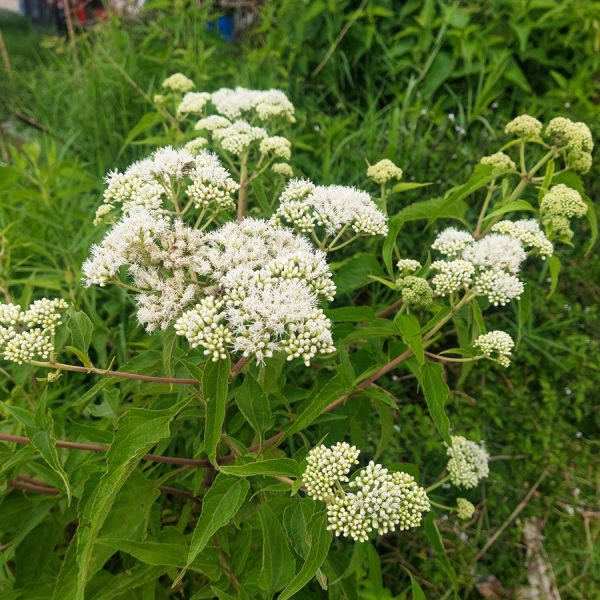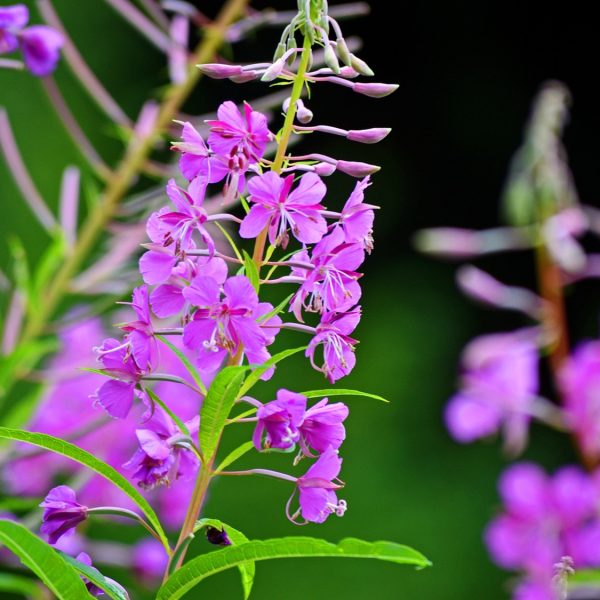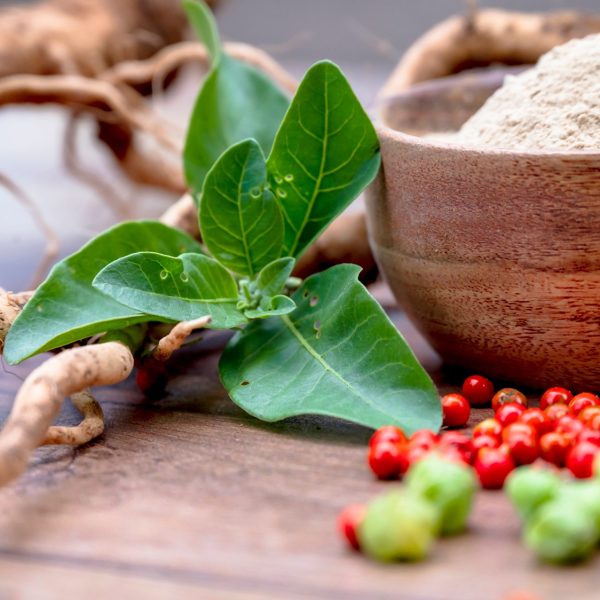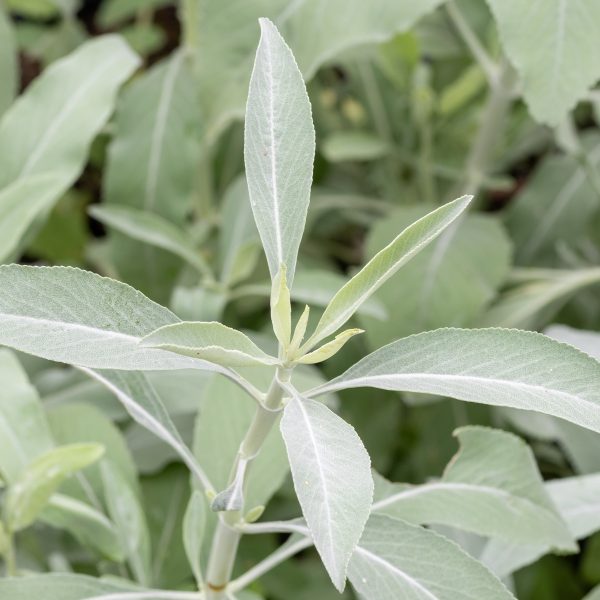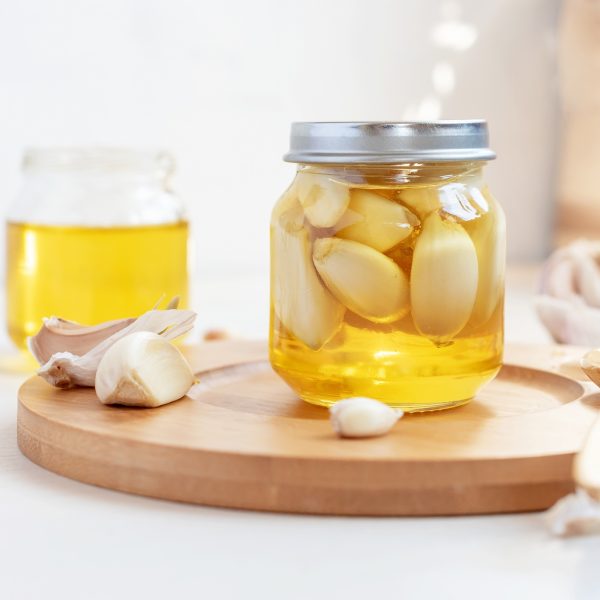
Supplementation of TCM herb jiaogulan (Gynostemma pentaphyllum) enhanced exercise performance in a cycling fitness test and improved mitochondrial function.
In this article, we summarise the paper, Gynostemma pentaphyllum increases exercise performance and alters mitochondrial respiration and AMPK in healthy males (1).
Plant name and species
Jiaogulan (Gynostemma pentaphyllum) and Cucurbitaceae (melon/gourd) family
Aim of study
To explore the effects of supplementation with jiaogulan on exercise performance, the phosphorylation of AMP-activated protein kinase (AMPK) and mitochondrial function in healthy untrained males.
Study method
A randomised crossover, placebo-controlled, double-blinded trial. Participants were familiarised with the cycle-based fitness test to determine their initial level of performance. They received a controlled diet to eat for three days before the trial.
During the trial they received supplementation for four weeks, completed a four-week wash out and then supplementation for another four weeks.
Aerobic exercise performance was measured at the end of each phase by the completion of 1) a steady-state test (S-S), 2) a time to exhaustion test (TtE) which ended when the participant graded the work as “very hard” or cardiac/respiratory problems were observed, and 3) a 20 km time trial (TT).
The following measures were made:
- Peak aerobic power (VO2 peak)
- Expired respiratory gas analysis for oxygen consumption (VO2), carbon dioxide generation (VCO2), and ventilation (VE)
- Muscle biopsies for gene and protein analysis were taken from the vastus lateralis (at rest, at 30 mins and at 60 mins during the TtE test)
- Plasma samples were tested for total cholesterol, high-density lipoprotein (HDL) cholesterol, low-density lipoprotein (LDL) cholesterol, and total triglycerides
- Plasma samples were tested for leptin and adiponectin (AMPK was measured using a separate adiponectin-based ELISA test)
Herbal preparation
The test capsule contained 225 mg of G. pentaphyllum dried leaf extract (equivalent to 1.125 g of dry leaf) plus 275 mg of maltodextrin. The leaves were extracted with 5:1 purified water and ethanol and dried to form a powder. The levels of active compounds were consistent with previous extracts: 20(S)-ginsenoside Rg3 (0.24%); gypenoside (2.14%) and marker saponin (1.63%). A placebo capsule contained 500 mg of maltodextrin.
Participants consumed two capsules of either placebo or supplement each day with their morning meal (450 mg of the herb per day).
Sample size
Nineteen healthy untrained males (aged 18–35 years) with BMIs less than 25 kg/m2. Their level of physical activity was determined by using an activity questionnaire (following baseline testing).
Results of study

In total, 16 out of 19 participants were included in the analysis, with three dropping out due to time commitments.
Exercise performance
Following four-week supplementation with jiaogulan (G. pentaphyllum), participants completed the 20 km TT was faster by 112 seconds compared to placebo (p < 0.05). There were no differences in the S-S test or TtE power output test results between jiaogulan supplementation compared to placebo.
There was no difference in the VO2 data during the tests. There were no differences in the respiratory exchange ratio (RER) data during the tests.
Blood biochemistry
Following four-week supplementation with jiaogulan, participants had lower resting plasma glucose and leptin concentrations and higher HDL cholesterol levels compared to placebo, but there were no other differences in blood biochemical markers.
During the steady-state exercise plasma glucose levels dropped after 40 min of exercise for jiaogulan supplementation compared to placebo where it remained elevated.
There were no significant differences between leptin or adiponectin between the treatment groups following 60 minutes of exercise.
Muscle mitochondrial function
Following 60 minutes of exercise the oxygen flux was higher for jiaogulan compared to placebo, but there were no other significant changes in mitochondrial respiration observed.
Muscle gene and protein expression
The expression of genes and proteins tested varied between resting values and post-exercise, and results were also variable when comparing treatment groups.
A higher mRNA expression of Forkhead box protein O1 (FOXO1A) following 30 and 60 min of exercise was observed for jiaogulan supplementation, but only at 60 min in the placebo. A higher mRNA expression of PI3K protein following 30 mins of exercise was found for jiaogulan compared to placebo.
Looking at protein expression, the only significant treatment effect was an increase in AMPK Thr172 phosphorylation levels after 60 min exercise following jiaogulan supplementation.
Side effects
Participants did not report any side-effects when consuming the placebo or jiaogulan capsules.
Discussion

In healthy adult males, jiaogulan (G. pentaphyllum) supplementation for four weeks improved 20 km TT cycle performance and increased some markers of mitochondrial oxidative capacity. The supplement decreased resting plasma glucose and plasma leptin, and elevated HDL cholesterol after four weeks. There was no change in body weight over the course of the study, presumably due to the participants being normal weight and healthy at the start.
Changes in muscle gene and protein expression presented a complex picture. The effect of most interest was an increase in AMPK Thr172 phosphorylation levels after 60 min exercise following jiaogulan supplementation. The herb contains bioactive saponins which have been shown to alter AMPK phosphorylation which regulate glucose and lipid metabolism down-stream, as shown in other laboratory studies (see references cited in paper). The present study was the first to explore its effects on exercise in a human study.
Other studies have explored jiaogulan in type 2 diabetes. The herb was consumed in a tea for 12 weeks and was found to improve glucose and insulin sensitivity in type 2 diabetic patients (2). Future research could consider the application of the herb in populations of males and females with metabolic conditions, or in older age where enhancing exercise capacity is desirable. Research could explore the use of the herb as a beverage or food, as well as in supplement form.
Conclusion
Jiaogulan (G. pentaphyllum) supplementation enhanced exercise performance in a cycling fitness test which was associated with improved mitochondrial respiration and altered AMPK phosphorylation. The supplement reduced resting plasma glucose and plasma leptin levels. The herb could be explored further for its effects on skeletal muscle and exercise in healthy and clinical populations.
References
- Nayyar D, Yan X, Xu G, Shi M, Garnham AP, Mathai ML, McAinch AJ. Gynostemma Pentaphyllum Increases Exercise Performance and Alters Mitochondrial Respiration and AMPK in Healthy Males. Nutrients. 2023 Nov 8;15(22):4721. https://doi.org/10.3390/nu15224721
- Huyen VT, Phan DV, Thang P, Hoa NK, Ostenson CG. Antidiabetic effect of Gynostemma pentaphyllum tea in randomly assigned type 2 diabetic patients. Horm Metab Res. 2010 May;42(5):353-7. https://doi.org/10.1055/s-0030-1248298

